Salon 256 on May 1
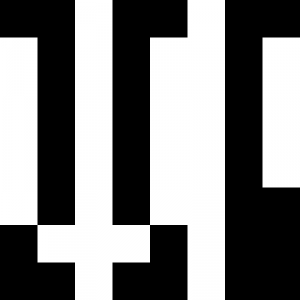
SALON 256 is a forum for presentation and discussion of very small creative computer programs. Such programs have featured in digital art and poetry, electronic literature, computer music, and the demoscene.
YOU are invited to present a tiny program of yours:
Monday May 1 . 5pm-7pm . MIT’s 14E-304
Presenters already confirmed:
- Mike “Dr.Claw” Piantedosi
- Angela Chang
- Sofian Audry
- Nick Montfort
Programs in an interpreted language are fine, as long as the code is 256 bytes or less; compiled programs with an executable file of 256b or less are fine, too.

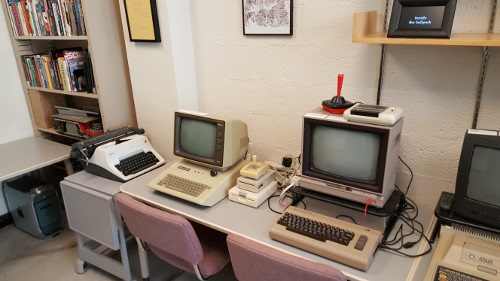
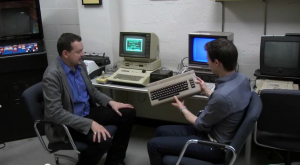

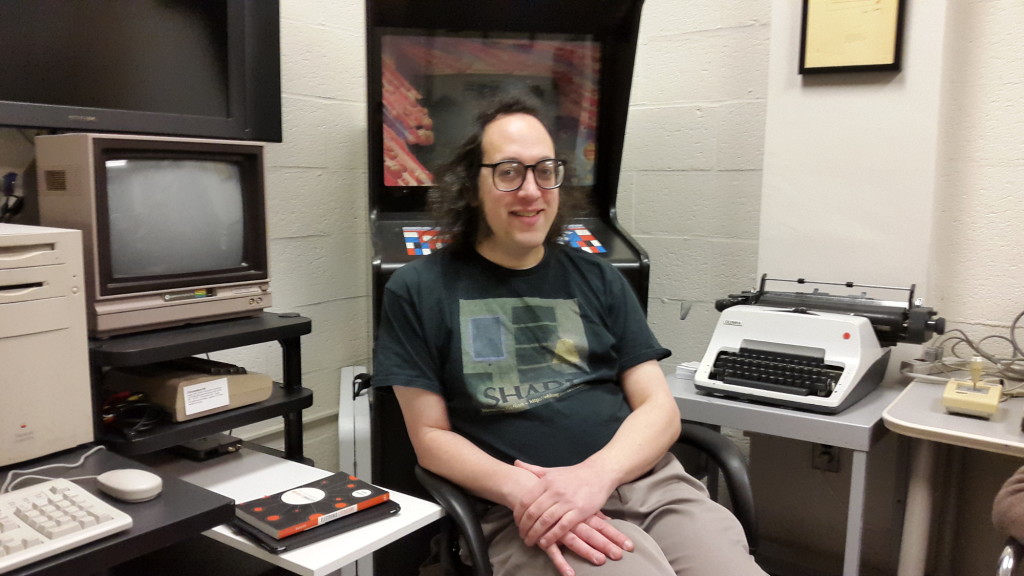

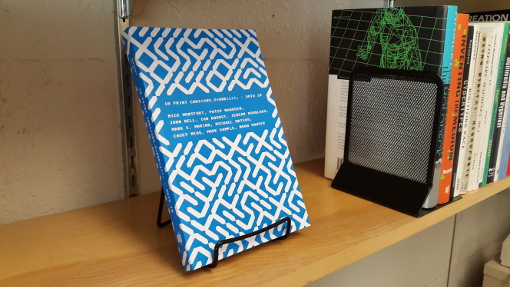
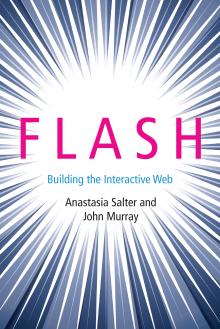
 The concept is based on one-line C programs to generate music, the earliest of which were by viznut. I (nom de nom) wrote a C expression in this style to generate a waveform that could be output as sound but
The concept is based on one-line C programs to generate music, the earliest of which were by viznut. I (nom de nom) wrote a C expression in this style to generate a waveform that could be output as sound but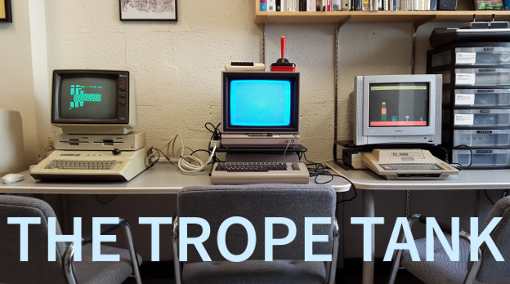
 This Monday (2014-05-05) the Purple Blurb series of Spring 2014 presentations will conclude with a talk by Jill Walker Rettberg on a pervasive but still not well-understood phenomenon, the types of digital writing, tracking, photography, and media production of other sorts that people do about themselves. Her examples will be drawn from her own work as well as from photobooths, older self-portraits, and entries from others’ diaries.
This Monday (2014-05-05) the Purple Blurb series of Spring 2014 presentations will conclude with a talk by Jill Walker Rettberg on a pervasive but still not well-understood phenomenon, the types of digital writing, tracking, photography, and media production of other sorts that people do about themselves. Her examples will be drawn from her own work as well as from photobooths, older self-portraits, and entries from others’ diaries. This Monday (2014-04-28) Purple Blurb is proud to host a screening and discussion of narrative video art work done in collaboration with Roderick Coover, including The Last Volcano, Cats and Rats, Three Rails Live, and Toxicity. (The last two are combinatory pieces; Three Rails Live is a collaboration between Coover, Rettberg, and Nick Montfort.) These pieces deal with personal and global catastrophes and are written across languages, with one of the voices in Cats and Rats in (subtitled) Norwegian. They continue Rettberg’s work on novel-length electronic literature projects and his frequent collaboration with others.
This Monday (2014-04-28) Purple Blurb is proud to host a screening and discussion of narrative video art work done in collaboration with Roderick Coover, including The Last Volcano, Cats and Rats, Three Rails Live, and Toxicity. (The last two are combinatory pieces; Three Rails Live is a collaboration between Coover, Rettberg, and Nick Montfort.) These pieces deal with personal and global catastrophes and are written across languages, with one of the voices in Cats and Rats in (subtitled) Norwegian. They continue Rettberg’s work on novel-length electronic literature projects and his frequent collaboration with others.